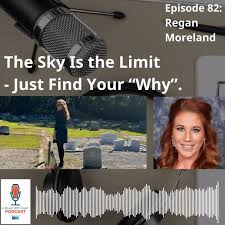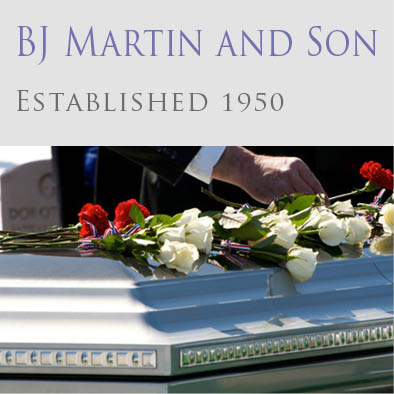
Introduction
Funeral directors play a crucial role in the bereavement process, providing support and guidance to families during one of their most challenging times. The responsibilities of a funeral director extend beyond just arranging the logistics of a funeral service; they are pivotal in facilitating a respectful farewell, honouring the deceased’s life while supporting grieving relatives and friends. Understanding the scope of their work is essential, especially as society continues to navigate the complexities of mourning and memorialisation.
Role and Responsibilities of Funeral Directors
Funeral directors are licensed professionals trained to assist families in planning and conducting funerals. Their duties include helping families make important decisions regarding the disposition of remains, whether through burial, cremation, or other methods. They provide a range of services, including:
- Organising transportation for the deceased and attendees.
- Preparing the body for viewing, which may involve embalming.
- Assisting with the development and publication of death notices and obituaries.
- Coordinating with cemeteries and crematoriums for final arrangements.
- Offering grief resources and support to grieving families.
Moreover, funeral directors must adhere to the legalities surrounding death certification and the management of personal effects, ensuring that every step complies with regulatory requirements.
Current Trends in Funeral Services
With the evolving attitudes towards funerals and memorials, the funeral industry is experiencing significant changes. Increasingly, families are seeking personalised services that reflect the unique lives of their loved ones. This has led to a rise in themed funerals, eco-friendly options such as green burials, and ceremonies that celebrate life over traditional mourning practices.
Additionally, the impact of the COVID-19 pandemic has fostered a shift to digital solutions, with virtual memorials and online tributes becoming more commonplace. Funeral directors are now incorporating technology into their services to reach families who cannot attend services in person.
Conclusion
In conclusion, funeral directors are integral to the process of saying goodbye, ensuring that the final farewells are handled with care and respect. As societal norms around death continue to evolve, the importance of compassion and innovation in their services remains paramount. It is essential for families to understand the full scope of what funeral directors provide, allowing them to navigate their journey of grief with dignity and support. As we look towards the future, the role of funeral directors will undoubtedly adapt, continuing to provide meaningful services in a time of loss.
You may also like


Understanding the Vital Role of Funeral Directors

The Importance of Funeral Times in Today’s Society
SEARCH
LAST NEWS
- Remembering Wendy Richard: The Promise to Co-Star Natalie Cassidy
- How Did Anglian Water Achieve an ‘Essentials’ Rating for Mental Health Accessibility?
- Shai Hope Leads West Indies in T20 World Cup Clash Against South Africa
- What We Know About Weston McKennie: Future at Juventus and Past at Leeds
- What We Know About the Upcoming Live Nation Antitrust Trial